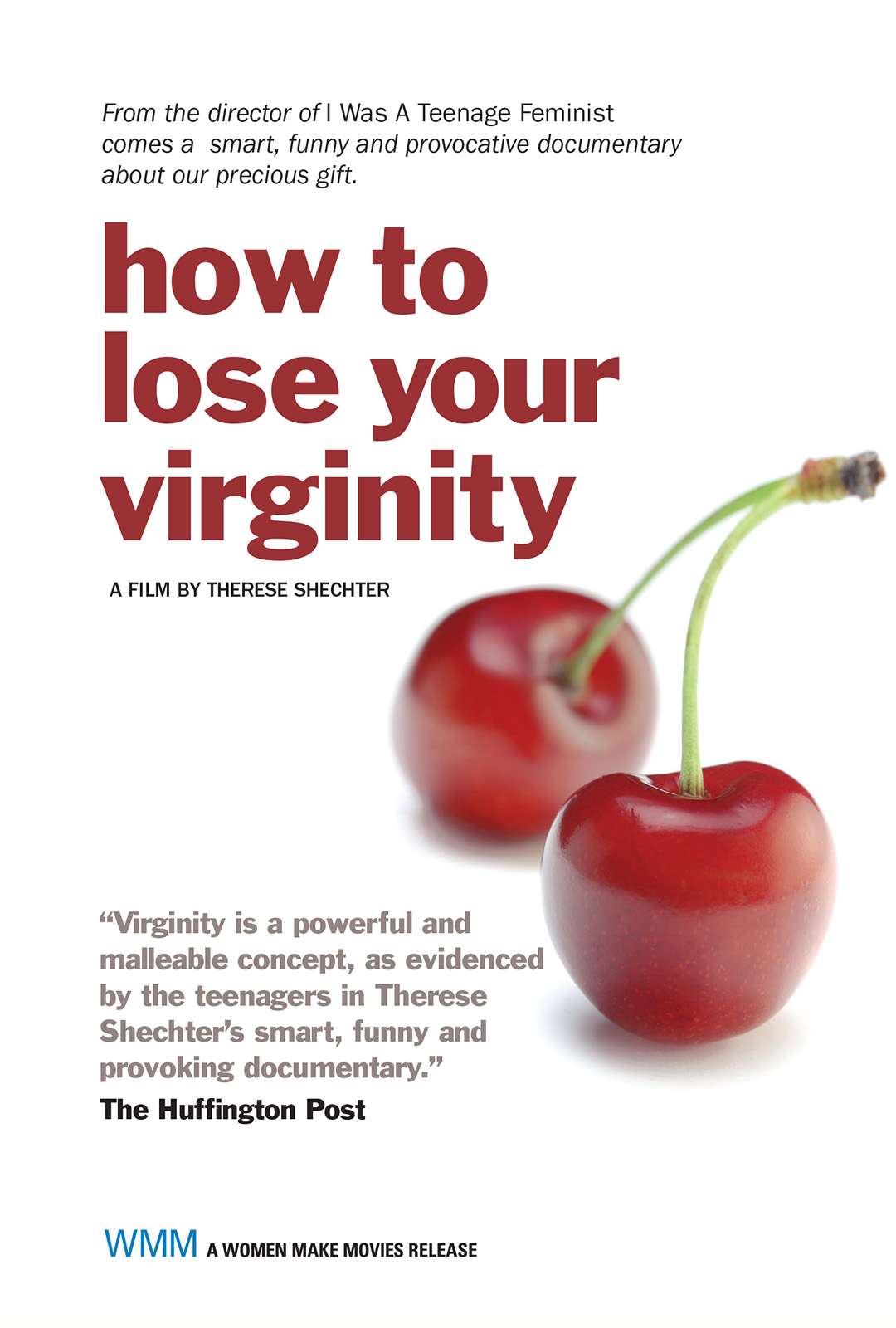

Characters are largely helpless against the forces of both love and lust, and often act solely based on their emotional and/or physical desires. The question of the divide between these two concepts is important because essentially every action within The Rover can be attributed to one of them. For the more traditional Florinda, lust is dangerous, making formerly honorable men threatening and dangerous. Hellena, for all her boldness, wishes for love rather than lust, and succumbs to Willmore’s advances only after she is convinced hat he loves for her, rather than simply lusting. Angelica begins the play preferring lust to love (and profiting from the lust her beauty inspires), and suffers greatly when she finally succumbs to the second emotion. The rakish Willmore uses the ambiguity between love and lust to his advantage, vowing love when he actually only feels physical lust. In general, men prefer lust while women seek out love, but the play complicates matters. In fact, each character can be defined by their attitude towards these two emotions.

The line between the two is a blurry one, but an incredibly vital question within the play. The characters within The Rover constantly try to distinguish whether they are feeling love or lust.


 0 kommentar(er)
0 kommentar(er)
